Nokia's latest mid-ranger is a good value, but the increased competition give it a run for its money.
Last year, one of the best mid-rangers to be released in the U.S. was the Nokia 7.1. The Nokia 7.1 was unmatched in its $349 price tier, offering a feature and value combo that couldn't be ignored.
A lot has changed since then, however. Samsung and Apple are inching towards "affordable" price points with devices like the Galaxy S10e and iPhone 11, Samsung recently brought its A series over to the U.S., and then Google flipped the entire mid-range segment on its head with the Pixel 3a this past May.
The market that the Nokia 7.2 is entering this year looks a lot different compared to the one the Nokia 7.1 thrived in, and while the 7.2 is a really solid phone in many regards, it's not quite as simple of a purchase that its predecessor was.
Mostly good
Nokia 7.2
Bottom line: On its own, the Nokia 7.2 is an excellent buy. It has a premium design, fantastic display, and clean software backed by guaranteed updates. It has its fair share of flaws, however, with some of the main points being the sluggish performance and a disappointing ultra-wide camera. The overall value you're getting with the 7.2 is quite good, but competing phones like the Pixel 3a make it a tougher sell.
The Good
- Outstanding hardware
- Display is crisp and colorful
- Long-lasting battery
- Clean, up-to-date software
- Google Assistant button
The Bad
- Screen isn't very bright
- Choppy performance
- Weak ultra-wide camera
- Auto-rotate often refuses to work
Nokia 7.2 Hardware and display
Nokia phones have always been known for top-notch build quality, and this is an ideal that the Nokia 7.2 upholds extremely well. The front and back are made out of glass, whereas the frame is a "high-tech polymer that's twice as strong as polycarbonate and half the weight of aluminum." It's technically plastic, but it has a sturdy feel to it that does make it feel like aluminum in the hand.
| Category | DeviceNameTKTKTK |
|---|---|
| Operating System | Android 9 Pie Android One |
| Display | 6.3-inches 2280 x 1080 IPS LCD Gorilla Glass 3 |
| Processor | Qualcomm Snapdragon 660 |
| Memory | 4GB RAM |
| Storage | 128GB Expandable up to 512GB |
| Rear Cameras | 48MP primary camera 8MP ultra-wide camera 5MP depth sensor |
| Security | Rear fingerprint sensor Face unlock |
| Battery | 3,500 mAh 10W charging |
| Dimensions | 159.9 x 75.2 x 8.3mm |
| Weight | 180g |
Nokia gave the back glass a matte finish, and overall, I really like it. It does pick up fingerprints quite easily, but it's soft to the touch and stands out a bit from traditional glass back designs. Nokia's selling a downright stunning green colorway along with the boring black color I have, and it's the one I'd recommend picking up if you buy the phone.
The fit-and-finish of the Nokia 7.2 is definitely one of its strong suits. The phone feels like it was built with love and care, with a sturdy frame, clicky buttons, and a nice bit of heft giving it the essence of a much more expensive phone.
Speaking of buttons, there are a couple things worth pointing out about the ones on the 7.2. The power button has a built-in LED light that pulses when you receive a notification, and it's equal parts subtle and cool. You can turn it off if you want, but I wish every single phone would adopt something like this.
Moving over the left frame of the Nokia 7.2, you'll find an extra button that can prompt the Google Assistant just by single-pressing it. This is something we've seen on other Nokia phones before, and just like the LED light on the power button, I wish it was the norm across the entire industry.
Just as good as the Nokia 7.1's hardware is its display. You're getting a 6.3-inch LCD screen with a resolution of 2280 x 1080. That's the same resolution as the Nokia 7.1, but the screen is a bit larger compared to the 7.1's that measured in at 5.84-inches.
Just like the 7.1, the Nokia 7.2's display is a joy to look at. The notch has been shrunk down considerably along with a smaller chin, which is great to see considering that was one of last year's biggest complaints. Something that has stayed the same, and for the better, is Nokia's HDR PureDisplay technology.
The Nokia 7.2 has a phenomenal display.
In addition to supporting native HDR content, this also allows the Nokia 7.2 to natively convert SDR videos into HDR ones — resulting in a picture that's brighter and more colorful. You can disable this if you want, but I found it to be quite lovely. It gives everything you watch a noticeable pop, making movies, TV shows, and YouTube clips that much more enjoyable.
On that note, you can also enable the Nokia 7.2's "Dynamic Mode" to have it automatically adjust your screen's color, contrast, brightness, and white balance based on what you're doing. For example, if you're reading a book in the Kindle app, your screen will become warmer as to be easier on your eyes.
There's only one thing about the Nokia 7.2's display that I'm not a fan of, and that's outdoor visibility. The 7.2 has a peak brightness of 500-nits, and in my testing, this resulted in the display being quite challenging to see in direct sunlight. The 500-nit rating is better than something like the Pixel 3a that maxes out at around 338, but it's still not ideal in most outdoor settings.
Nokia 7.2 Performance and battery
Powering the Nokia 7.2 is a pretty typical mid-range affair. It's rocking Qualcomm's Snapdragon 660 processor — an octa-core CPU based on a 64-bit architecture — paired with 4GB of RAM.
This is a fine combination, and for most tasks, it works well. You can scroll through Twitter with ease, fire off emails without any hiccups, and stream Full HD YouTube videos in HDR to your heart's content.
Most folks should be served well by the 7.2's performance, but I couldn't help but notice that it felt more sluggish than I was expecting. Navigating through the UI is often met with choppy animations, scrolling through social feeds/webpages never feels buttery smooth, and the camera app takes a long time to actually capture an image after pressing the shutter button.
The Nokia 7.2 is fine with most tasks, but there's an overall sluggishness to the experience that never goes away.
I experienced similar performance issues with the Nokia 7.1 last year, but I only ever used the phone when it was running Android Oreo. Nokia supposedly improved performance on the 7.1 with a Pie update that arrived not too long after my review was published, but I haven't been able to go back and confirm that for myself.
With that in mind, I was hoping these quirks would be ironed out on the 7.2 with its faster processor and Pie being available out-of-the-box. Unfortunately, that hasn't been the case.
While the Nokia 7.2 isn't the fastest phone on the market, it does make up some of those lost points with its battery. The Nokia 7.2 ships with a 3,500 mAh battery, and I was really pleased with the endurance I was able to eke out. If you're conscious about how often you use your phone throughout the day, it is possible to get through two days of use on one charge. At one point, I saw 4 hours and 34 minutes of screen-on-time with 47 hours off the charger before needing to refuel.
Granted, that included turning the Nokia 7.2 off at night, but I also did quite a lot of YouTube streaming throughout the day and regular use of apps like Slack, Gmail, and Chrome. Power-users will likely want to plug in at the end of a heavy day, but I'd be very surprised if you managed to completely drain the battery in a single day.
Rounding out this section of the review, I need to mention something that happened to me during my testing. I plugged the Nokia 7.2 in to charge one evening, I left for a couple of hours to go to a family dinner, and when I came back home, Android had completely derped out on the phone and was forced to the Android Recovery page.
I'm not sure when exactly this happened while I was gone or what caused it, and clicking the "try again" button to reboot Android returned everything back to normal. This could just be a freak thing with the specific model I have, but it's still worth noting in case it's not. I only saw this happen once during my over a week of testing, but the fact that it happened in the first place isn't a very reassuring sign.
Nokia 7.2 Cameras
The Nokia 7.1 took fine photos. They were serviceable for sharing on Twitter and Instagram, but that was about it. Nokia's making a much bigger push for the 7.2's cameras, as evident by the large circular camera housing on the back of the phone. There are a total of three cameras crammed into the Nokia 7.2, including a 48MP primary camera, 8MP ultra-wide-angle camera, and a 5MP depth sensor that's used for portrait shots.
Nokia's really pushing the Nokia 7.2's cameras as one of the biggest selling points, and as you might expect, there's a mix of good and bad here.
The 48MP camera captures a lot of detail and generally showcases vibrant colors, but it's not without its faults. Some images tend to be overly sharpened quite easily, deep reds often ended up looking much pinker than they should, and low-light photography leaves a lot to be desired. Taking pictures in environments with lots of good lighting will generally churn out good results, but this is a sensor that can be easily challenged depending on what you're trying to capture. Then again, considering this is a phone that costs $350, the issues it has shouldn't be all that surprising.
The 118-degree ultra-wide camera is a lot of fun to use and opens up new possibilities with the types of photos you can take, but similar to a lot of other phones with an ultra-wide lens, there's a very noticeable decrease in image quality compared to the primary camera. Not only does the ultra-wide camera take much softer pictures, but its color temperature is also drastically different. The two image comparisons below are good examples of this.
Main camera (left) and ultra-wide camera (right)
The building in the first picture (taken with the primary camera) looks true-to-life and has a very blue sky accompanying it. Overall, I'm quite happy with how it turned out! In the second picture, taken with the ultra-wide camera, the building has a noticeable tan/orange tint and is surrounded by a much lighter blue sky. Next, the outdoor shot of my apartment complex, the main camera captured a warm, yellowy morning while the ultra-wide camera is very cool and makes the sky look deep blue.
Main camera (left) and ultra-wide camera (right)
As for the portrait mode (see the above gallery), it's actually pretty good. The detail and color of the primary camera shine through, and Nokia allows you to change the effect and intensity after the fact. However, if you look closely, you'll find that it has a hard time properly keeping hair in/out of focus. Granted this is something a lot of portrait modes struggle with, so considering the Nokia 7.2's price, this is one aspect of the camera I'm rather pleased with.
Nokia 7.2 Software
Next, let's talk about one of the best things about the Nokia 7.2 — its software!
Android 9 Pie is available out-of-the-box, and an update to Android 10 should be coming soon. Just like all of Nokia's other devices, the 7.2 is part of the Android One program. This means a couple of things, the most important of which being guaranteed updates. You get two years of monthly security patches and major OS updates, meaning the 7.2 will see support through 2021.
That level of software support is great to see in the mid-range space, especially when big companies like Motorola and Samsung regularly drop the ball in these regards.
The other aspect of Android One that bodes well for the Nokia 7.2 is the clean UI that's present on the phone. The Nokia 7.2 feels very much like a Pixel device, or whatever "stock Android" is these days. There aren't pesky pre-installed apps to deal with, the included launcher/quick settings are exactly what you'd find on any of Google's phones, and the few customizations Nokia makes (such as the PureDisplay settings) don't get in the way if you have no interest in them.
Software is the thing that Nokia consistently excels at with its phones, and the Nokia 7.2 is no exception to that rule.
Nokia 7.2 Odds & Ends
Lastly, I want to touch on some aspects of the Nokia 7.2 that don't really fit anywhere else in this review. Most of these are little blurbs that just need a short mention, so let's dive in:
- A USB-C port is used for charging the Nokia 7.2, and that makes me very happy. This is quickly becoming more and more common on less expensive handsets, and I'm thrilled that Nokia's embracing the port with such open arms.
- The rear fingerprint sensor is very good. It might seem a little archaic with so many handsets opting for in-screen sensors, but personally, I'll take a rear-mounted one over in-screen crap any day of the week.
- For those of you that still care, there's a 3.5mm headphone jack!
- An NFC chip is present for contactless Google Pay payments.
- There's just one speaker on the bottom of the Nokia 7.2. It gets loud enough and sounds fine, but I wish Nokia would have used the top earpiece for a stereo setup like we see on so many other phones.
- Throughout my entire testing of the Nokia 7.2, I had a weird issue in which the auto-rotate regularly didn't work. I noticed this most often when in the YouTube app, and I'd have to precisely hold the phone upright and then gradually turn it horizontally to get everything to cooperate. It's a very odd bug, and as someone that watches a lot of YouTube, proved to be quite irritating in day-to-day use.
Nokia 7.2 Should you buy it?
I've been hard on the Nokia 7.2 throughout this review, but I don't want that to be misinterpreted as me thinking this is a bad phone. It's actually quite good! Nokia's hardware is as strong as ever, the display is excellent, battery life is a non-issue, and the software package is among the best you'll find in this price segment. Those are all things that bode really well for the phone, and when added together with little touches like the Google Assistant button and LED light, make it that much more enjoyable to use.
Some downgrades are to be expected here and there with mid-range phones, that's just how things go. However, recent competition has made this market that much more difficult to stand out in, and in turn, requires looking at these devices with a fine-tooth comb.
Performance on the Nokia 7.2 is disappointing, as are the cameras. I was really expecting great things in the photo department, but the end results are simply OK from the main camera, along with an objectively bad ultra-wide sensor. I normally wouldn't care about that so much, but considering that you can spend just $50 more for the Pixel 3a and get dramatically better pictures (and smoother performance), the Nokia 7.2 finds itself in an odd position.
This is a good purchase if $350 is the very top of your budget, but if you can afford to spend slightly more money, the Pixel 3a is a lot more compelling.
The Nokia 7.2 isn't the phone I'd purchase if I had a budget of around $400, but having more choice in this section of the market is never something I'll complain about. This is a good phone that has some flaws, but overall, does more things right than wrong. If you like the complete package that the Nokia 7.2 offers, purchase with confidence and enjoy your new phone.
Mostly good
Nokia 7.2
A solid mid-ranger in a highly competitive market.
On its own, the Nokia 7.2 is a really solid buy. It has a premium design, fantastic display, and clean software backed by guaranteed updates. However, when you factor in the choppy performance, lackluster cameras, and competing phones like the Pixel 3a, your buying decision isn't so clear-cut.
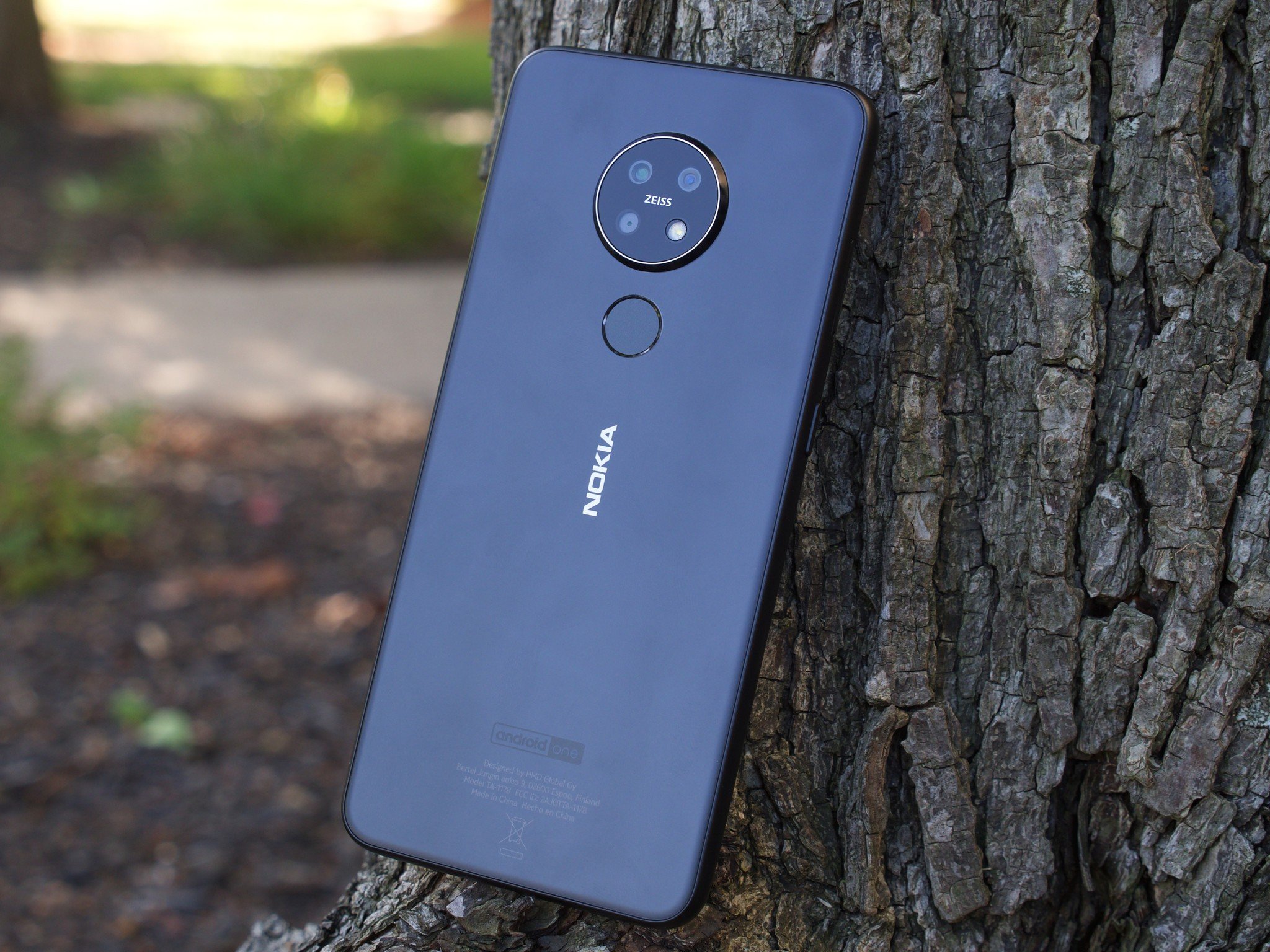
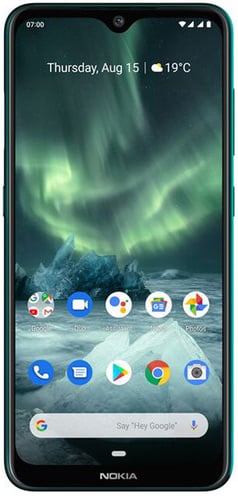
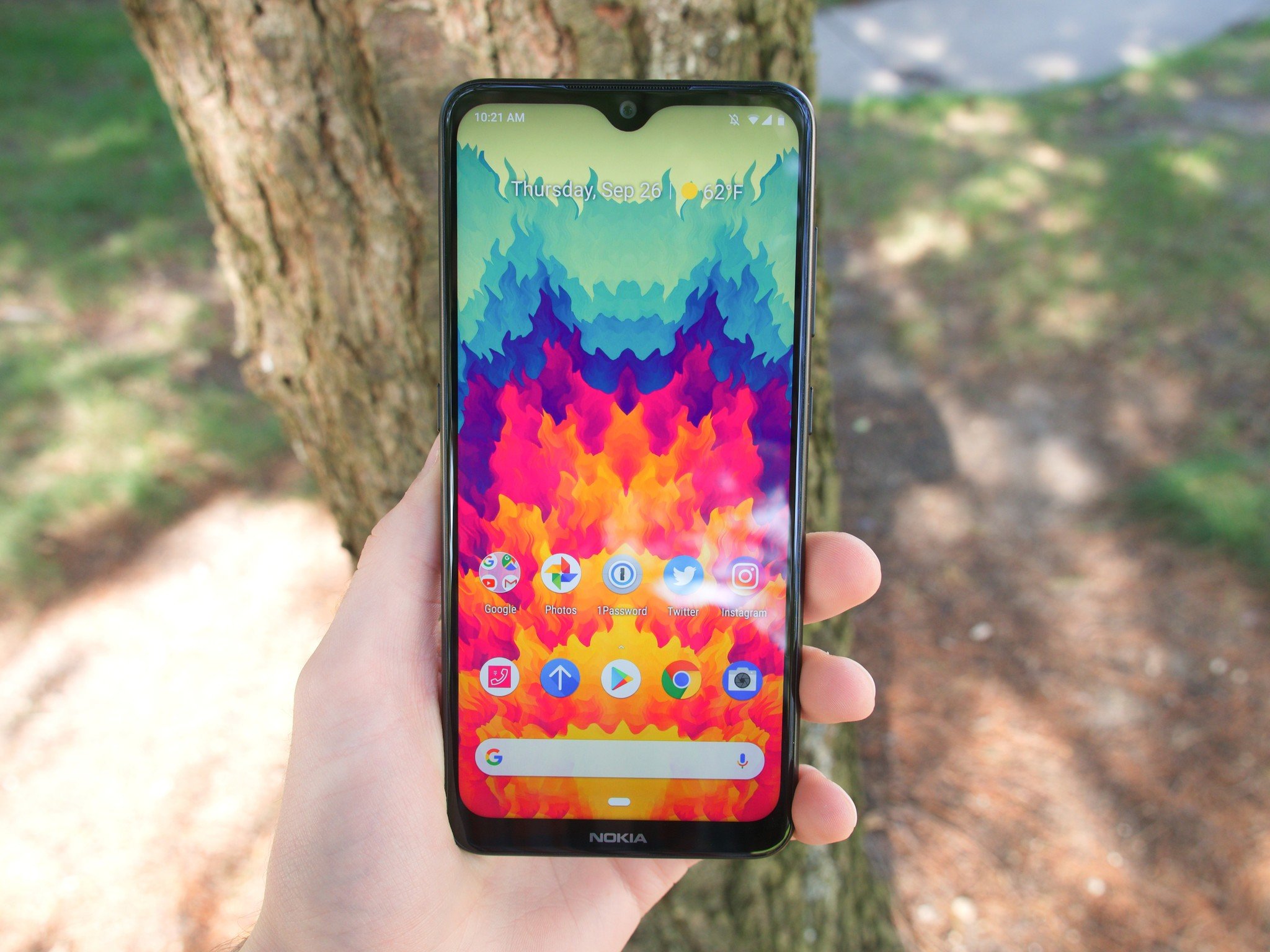
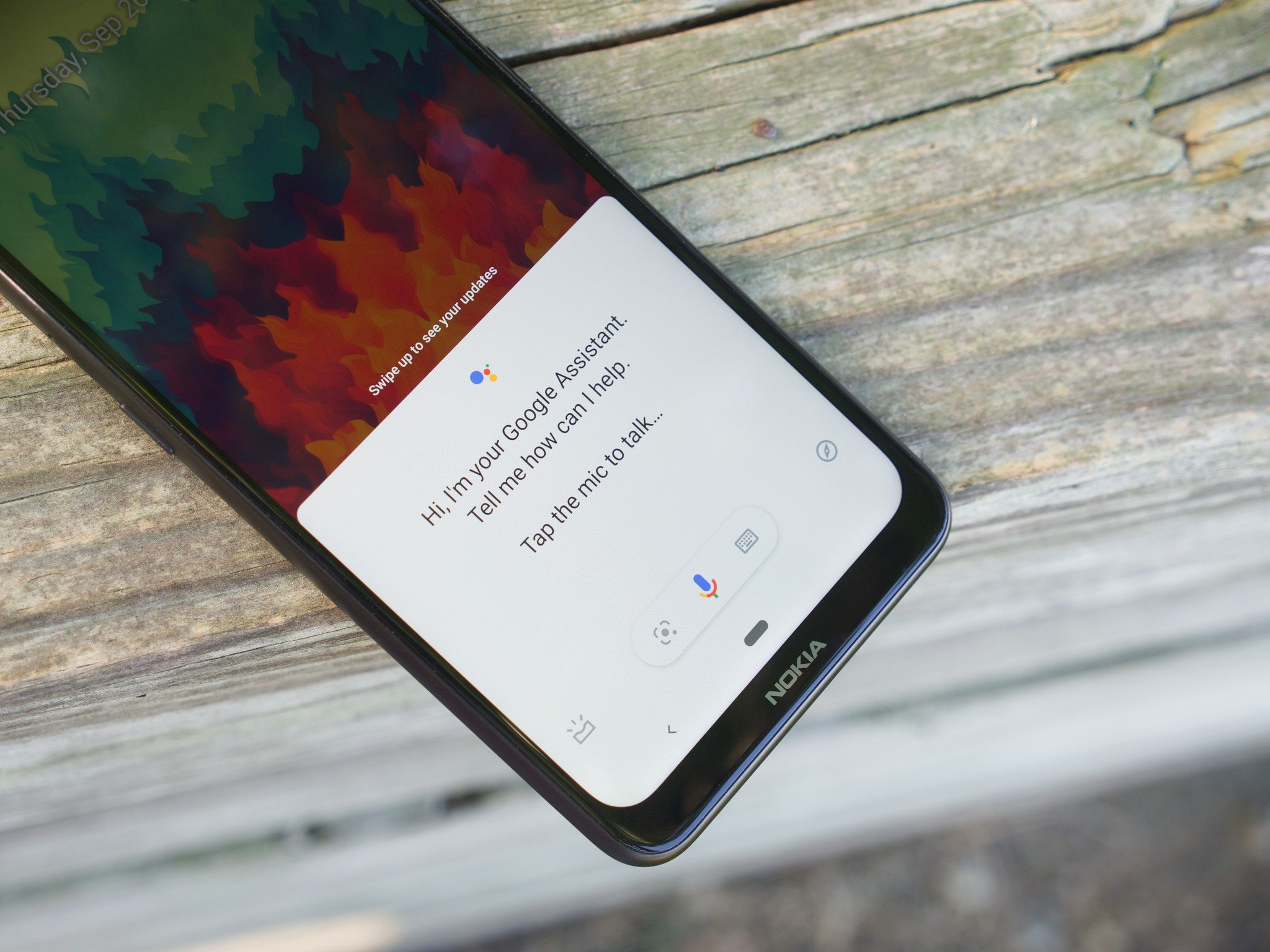
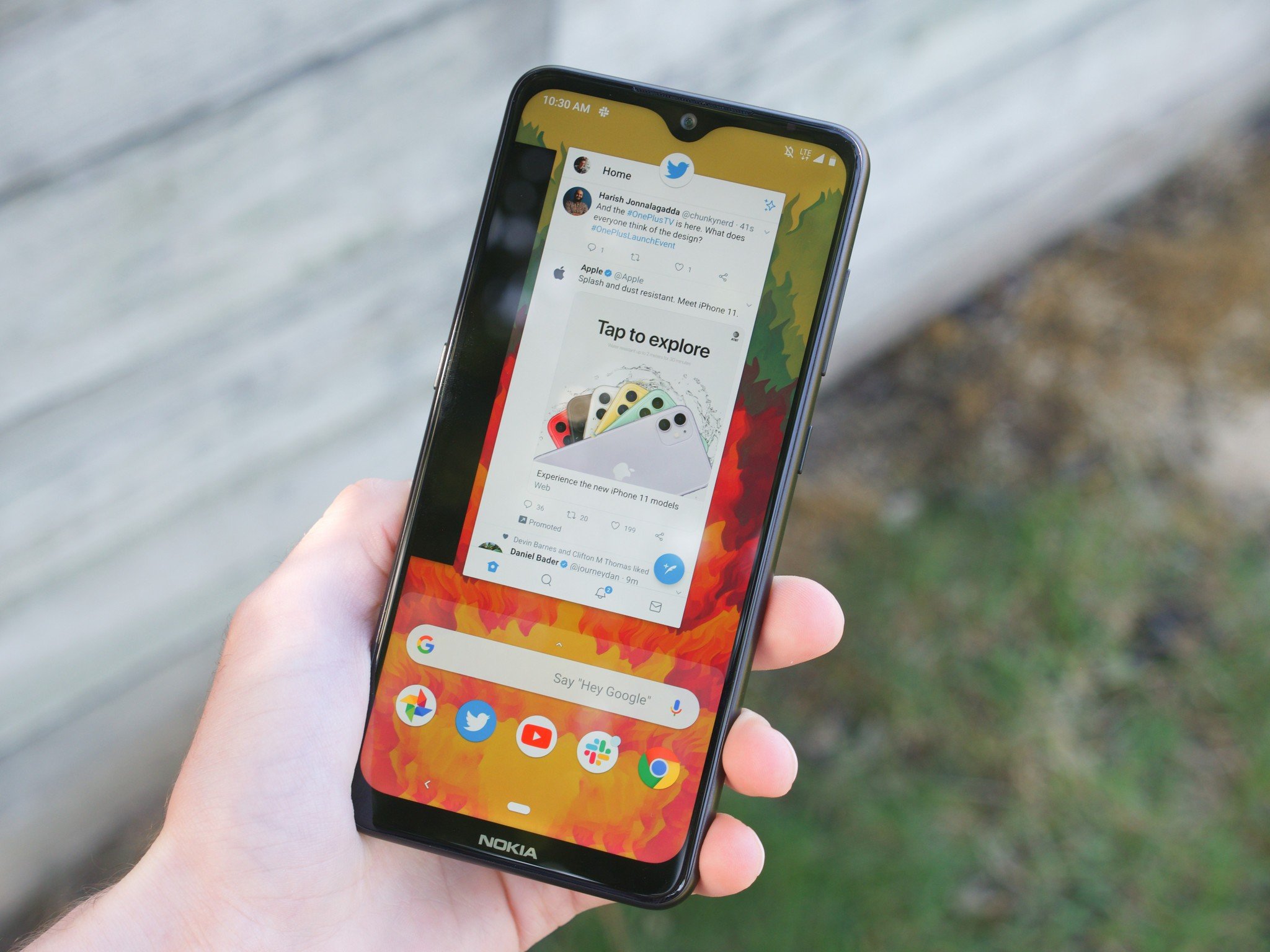
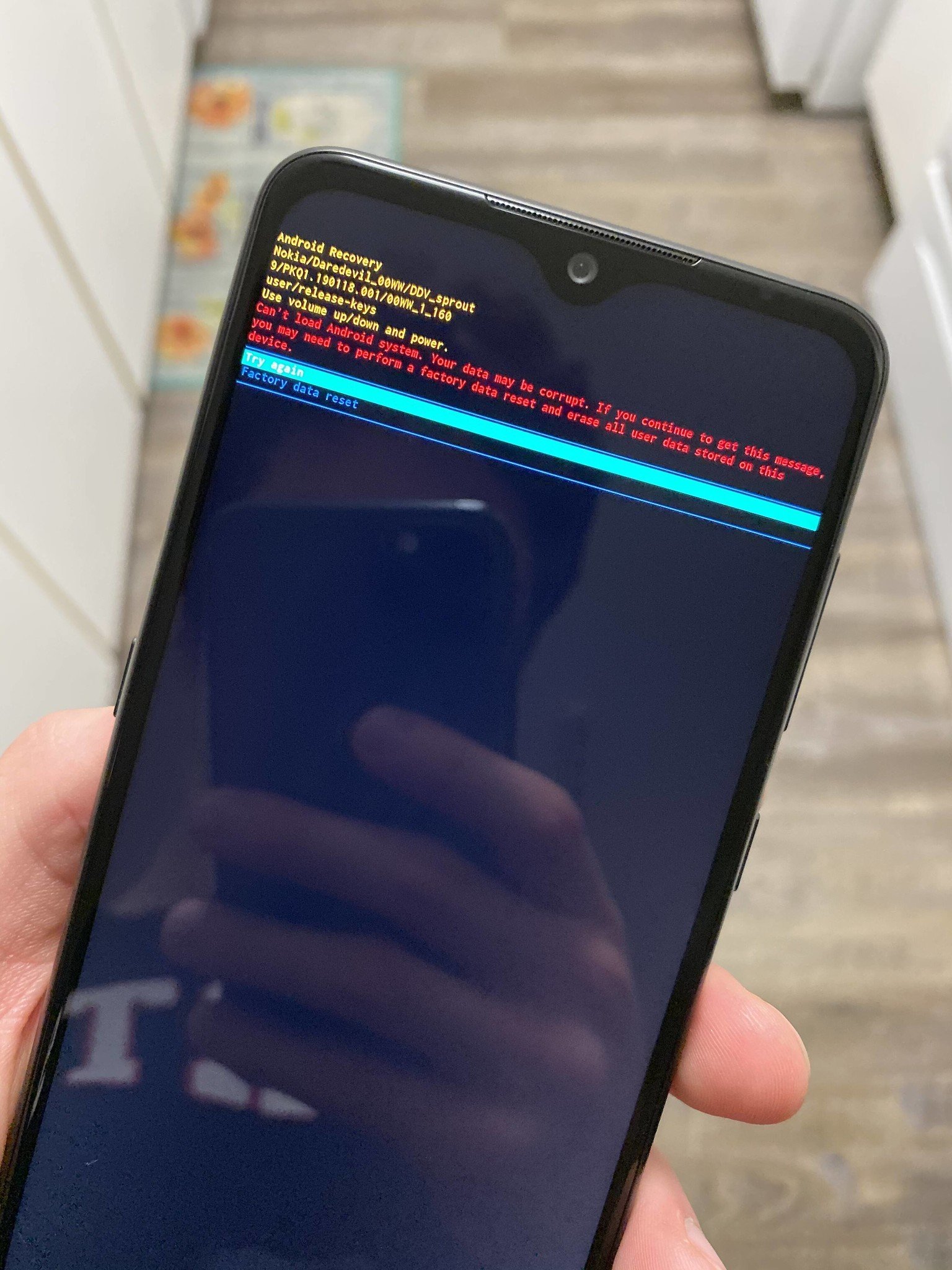
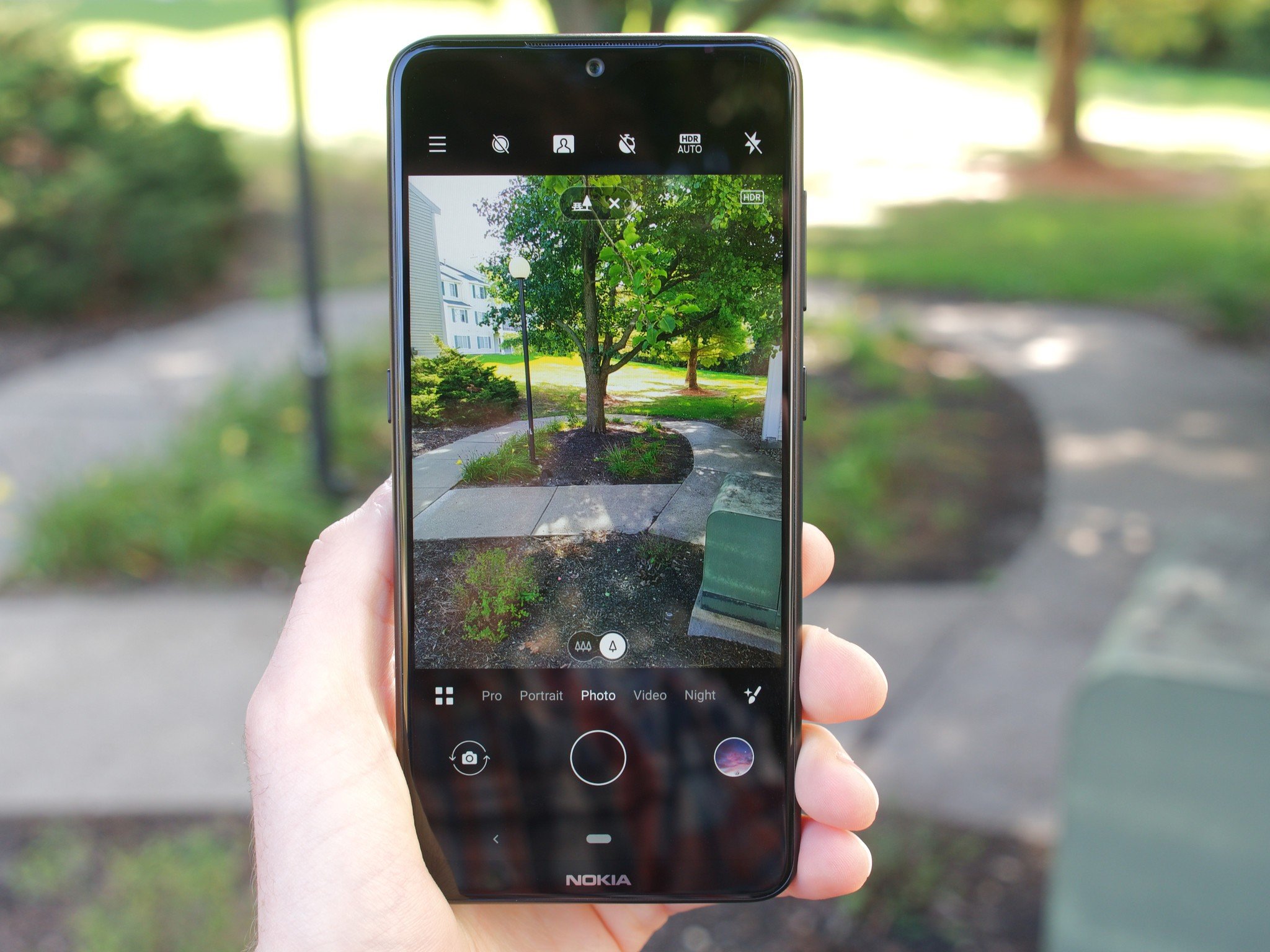


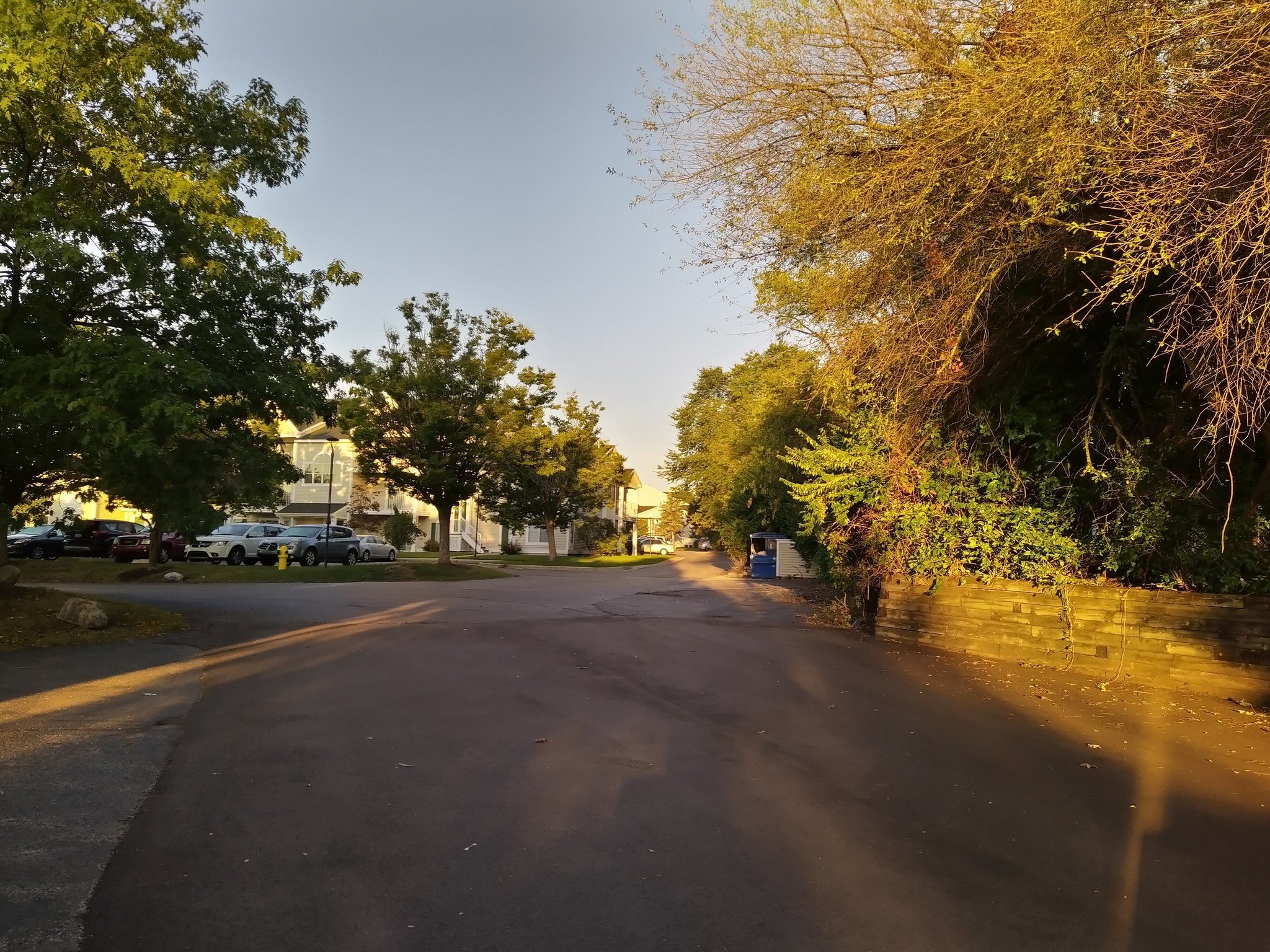
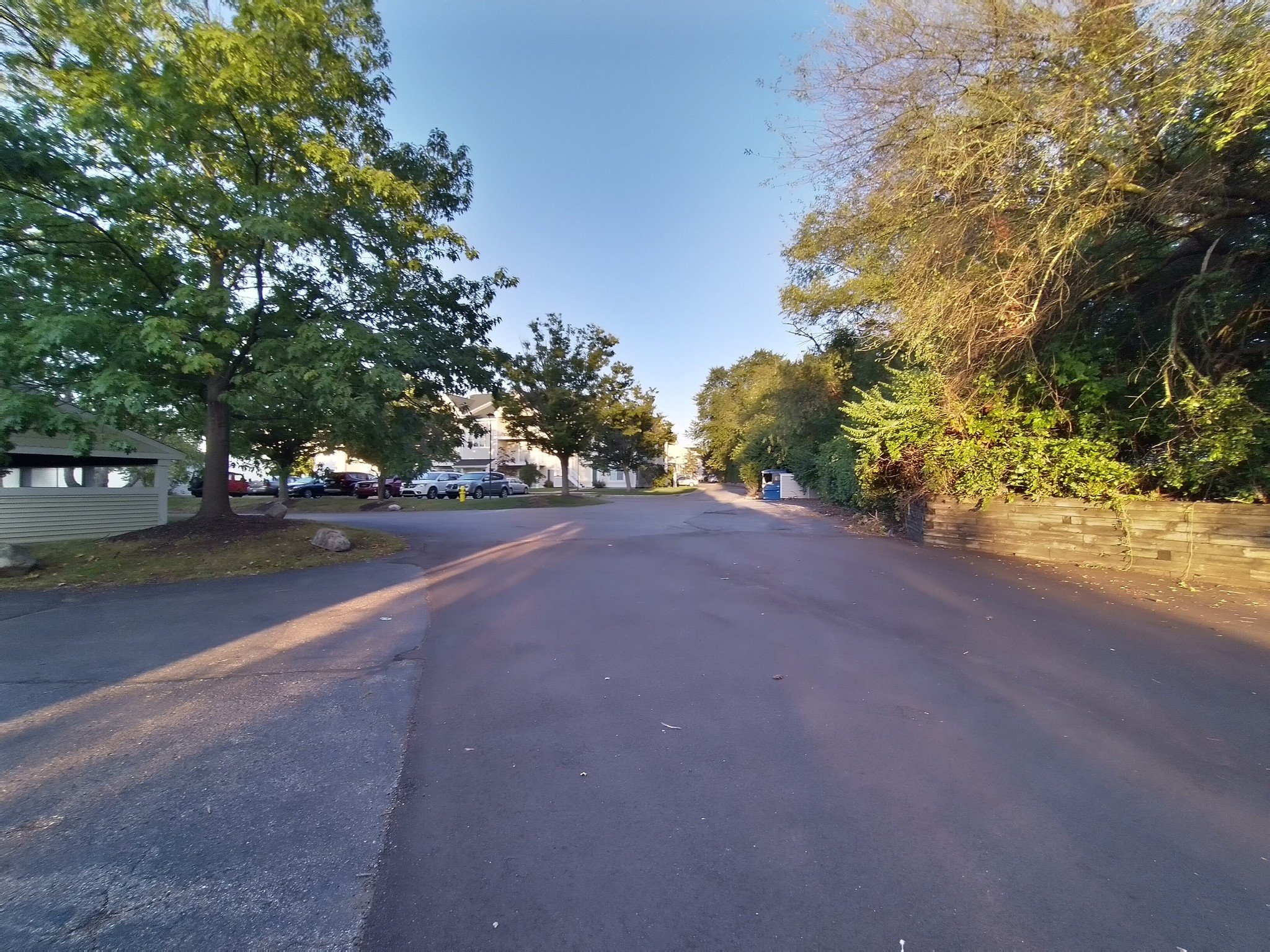
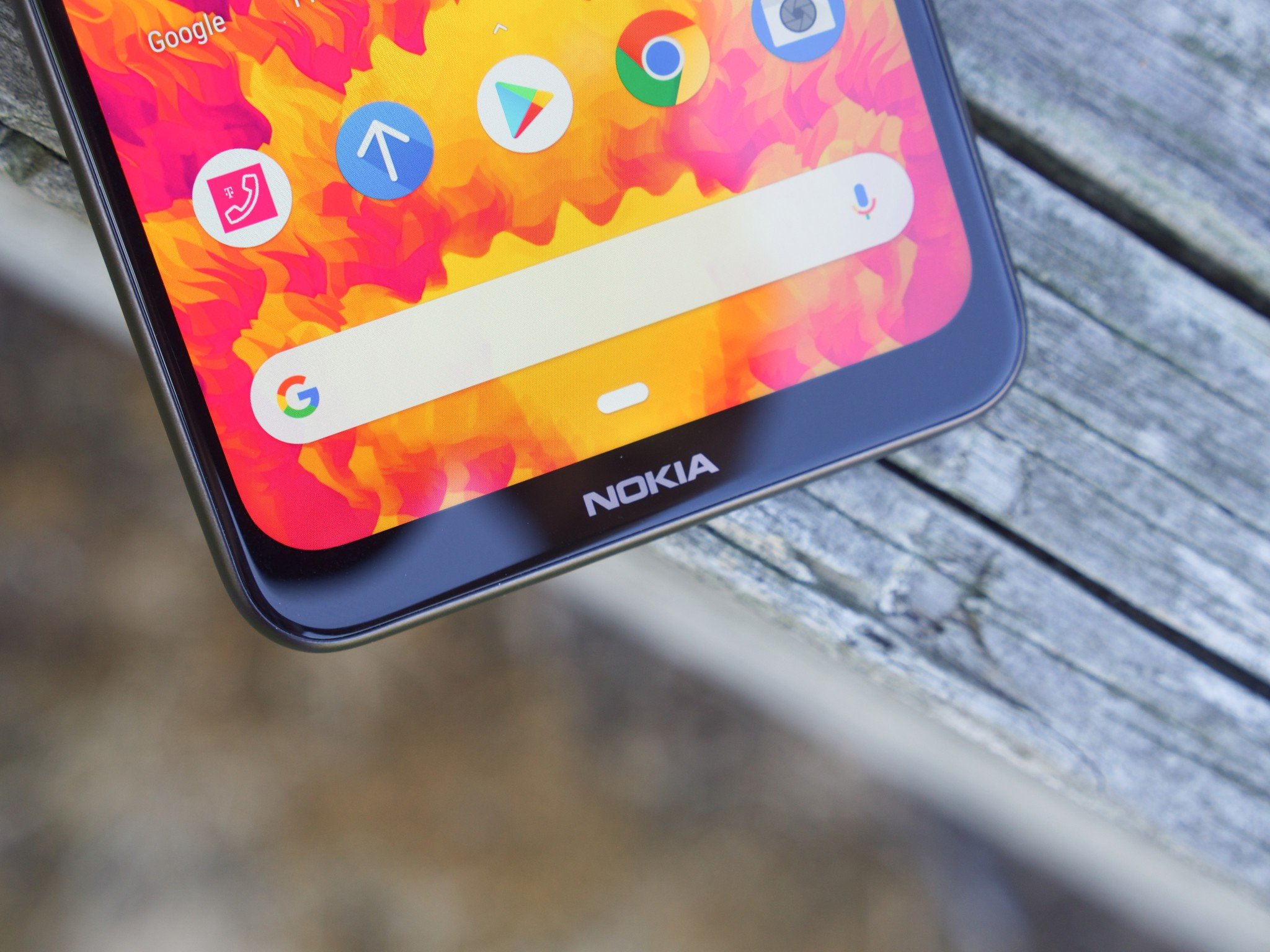
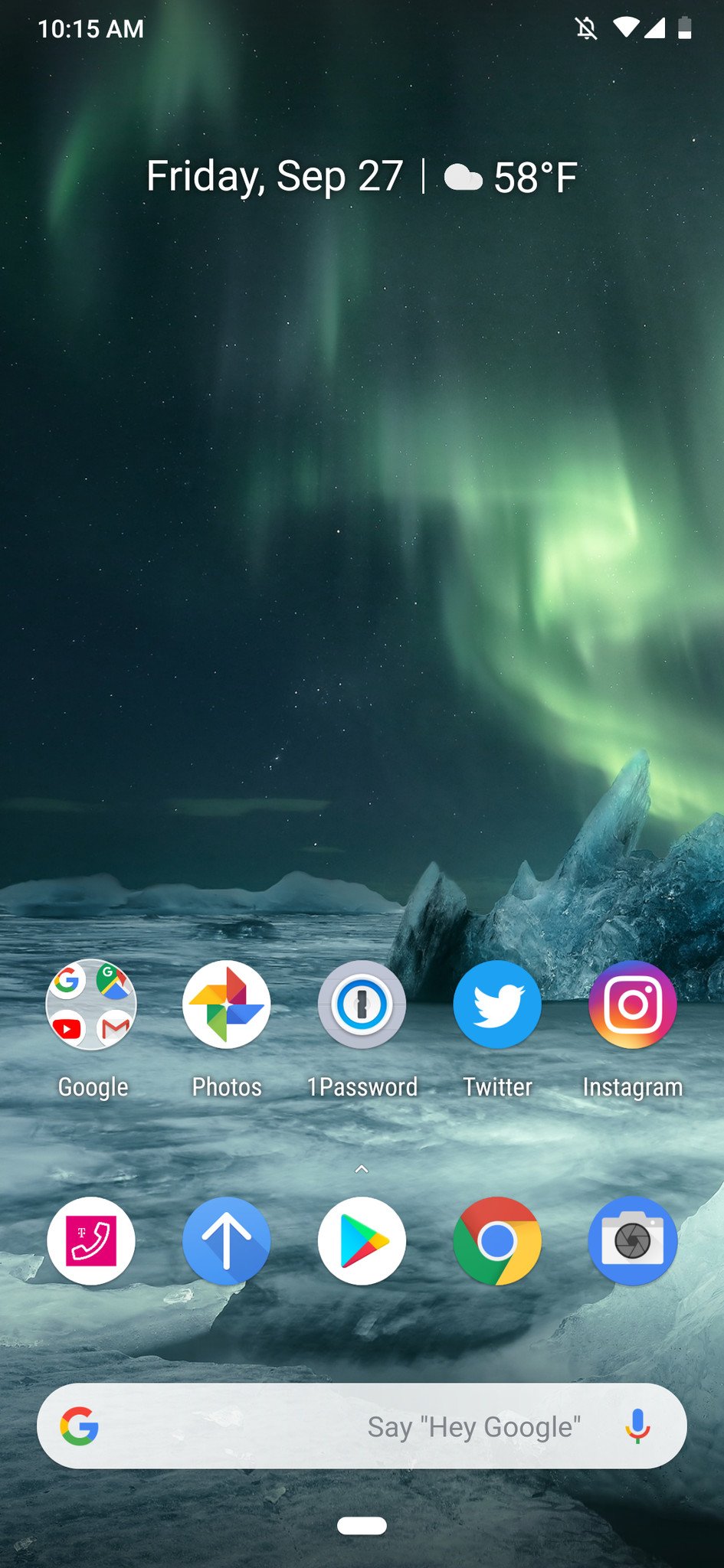
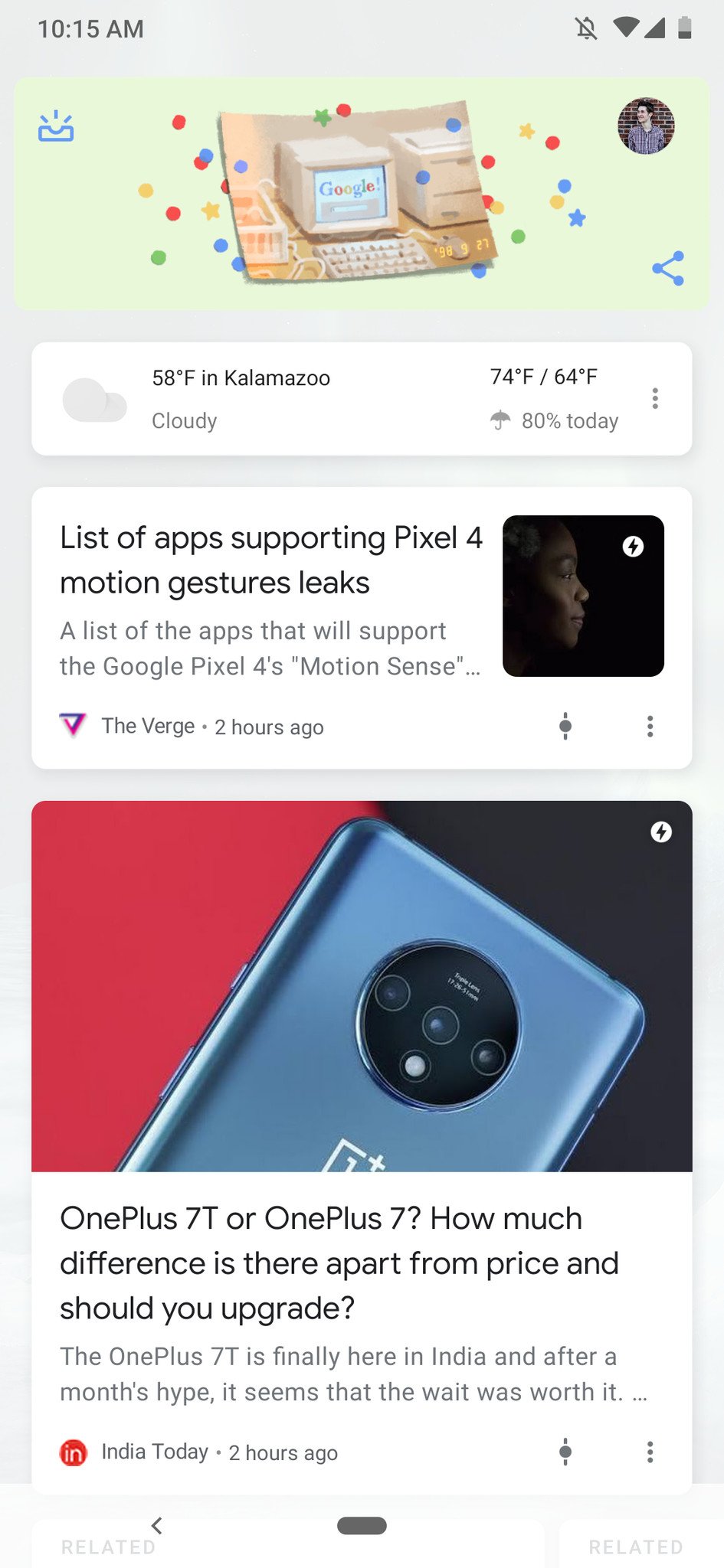
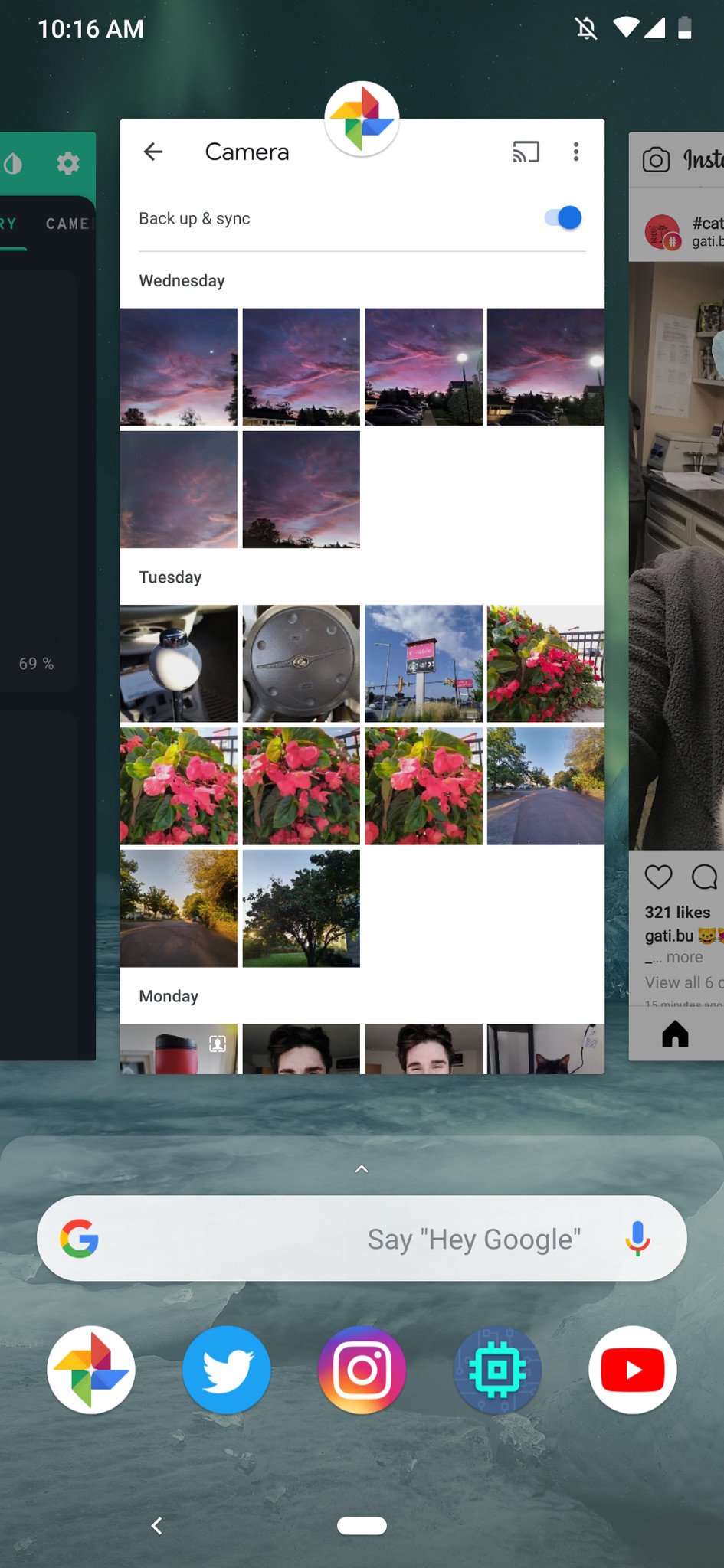
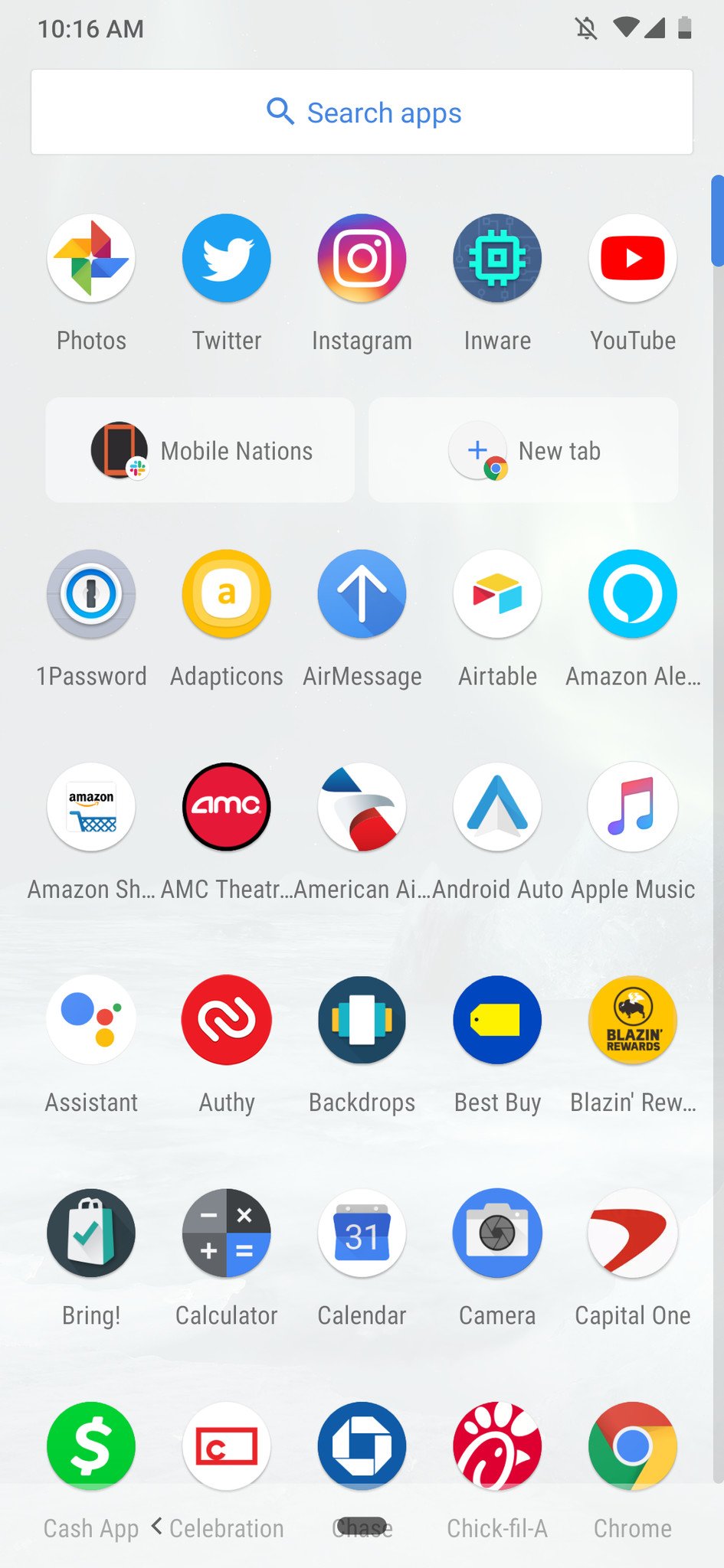
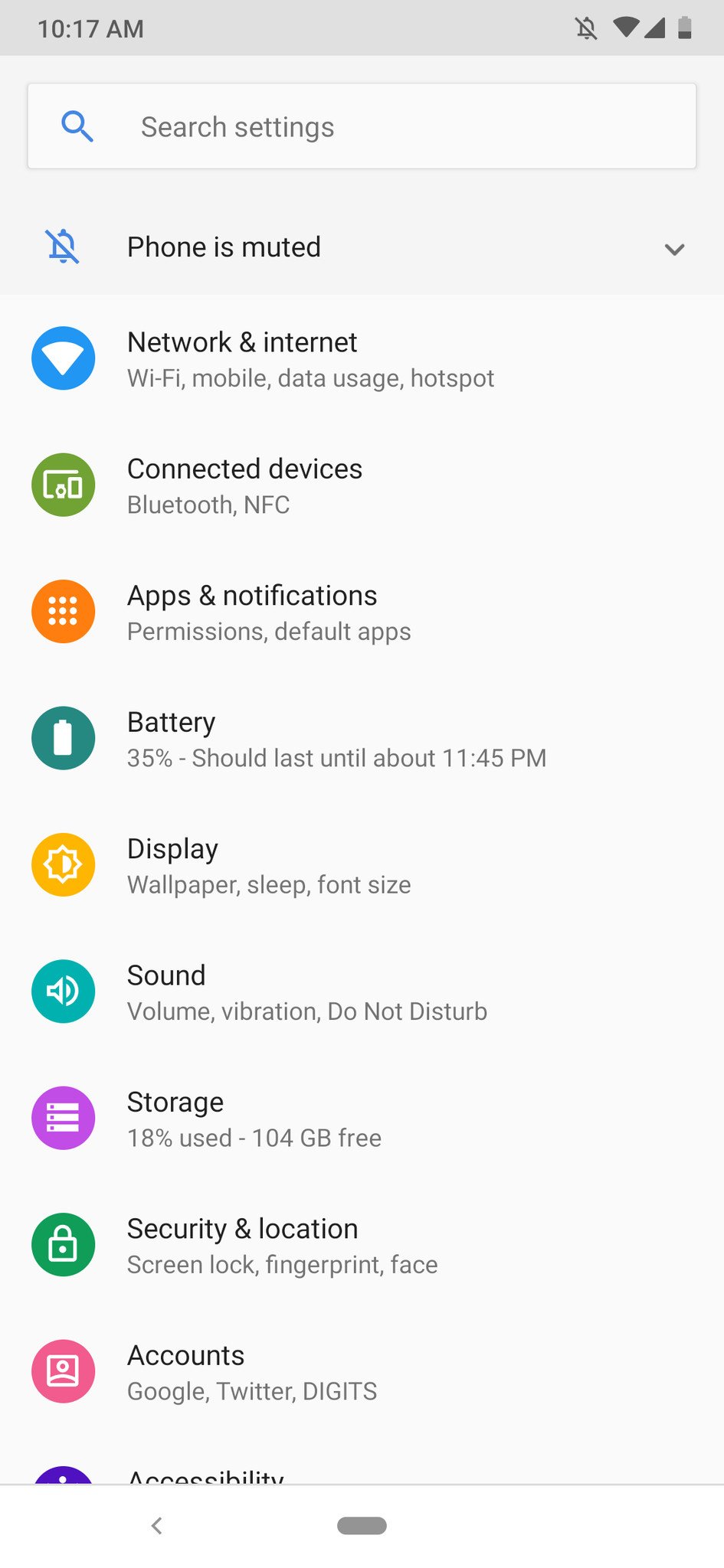
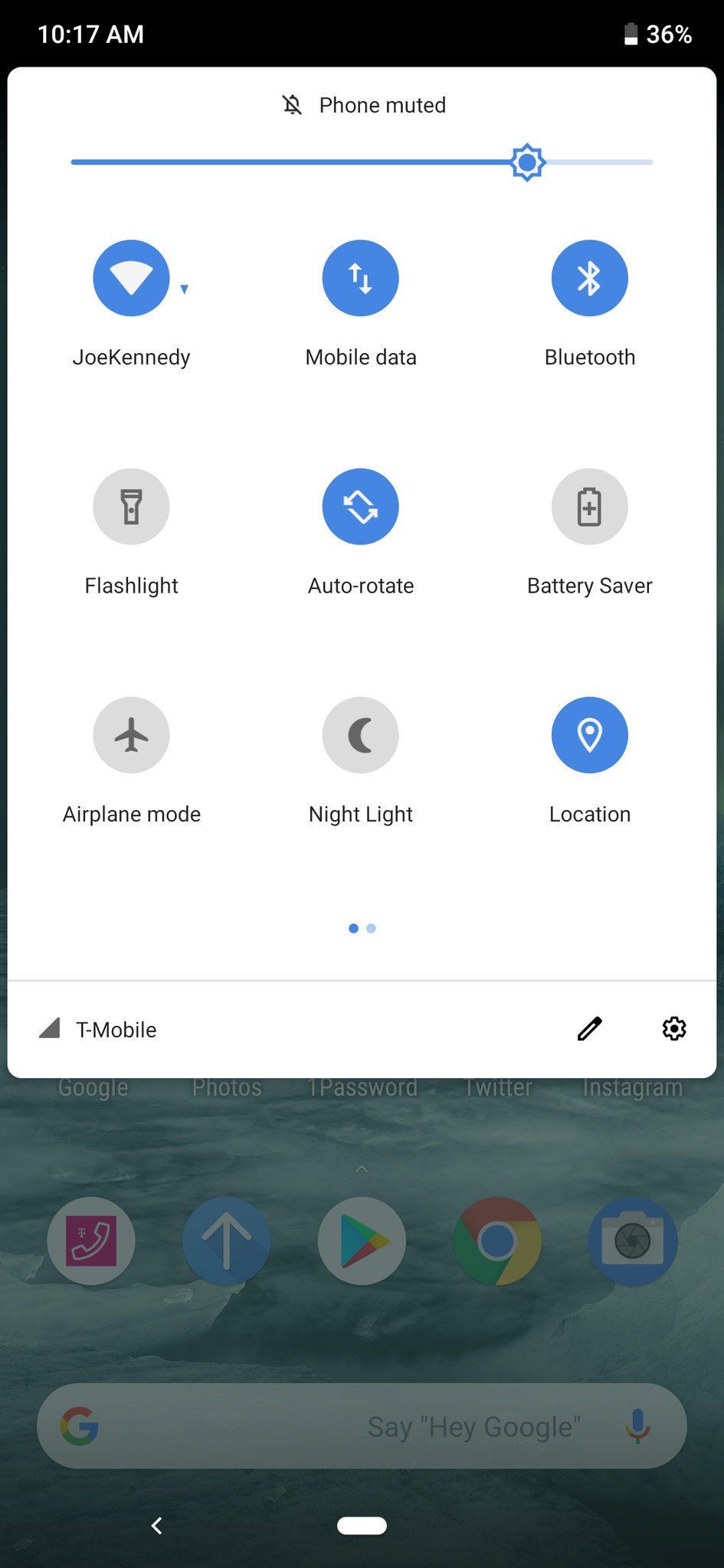
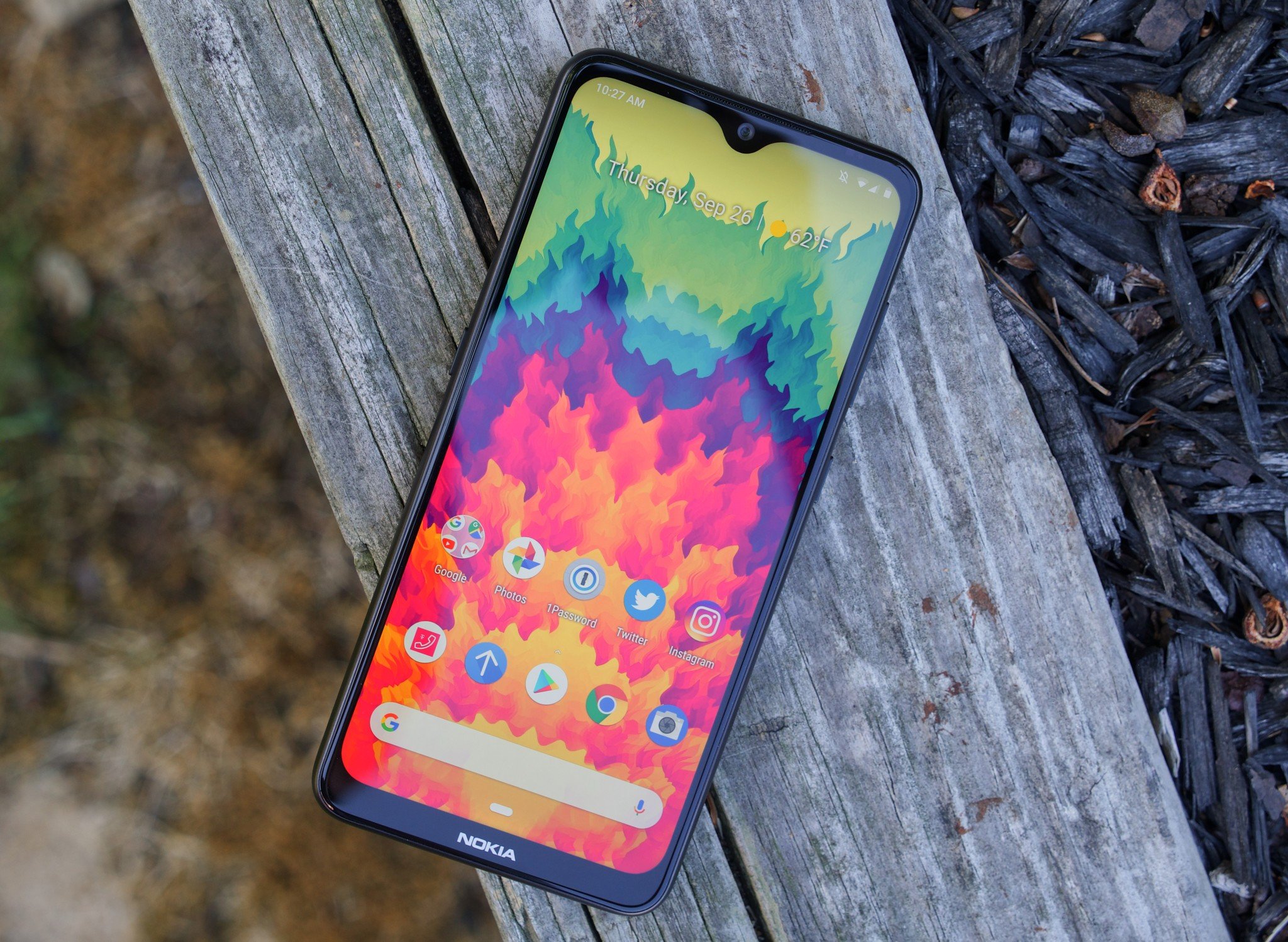
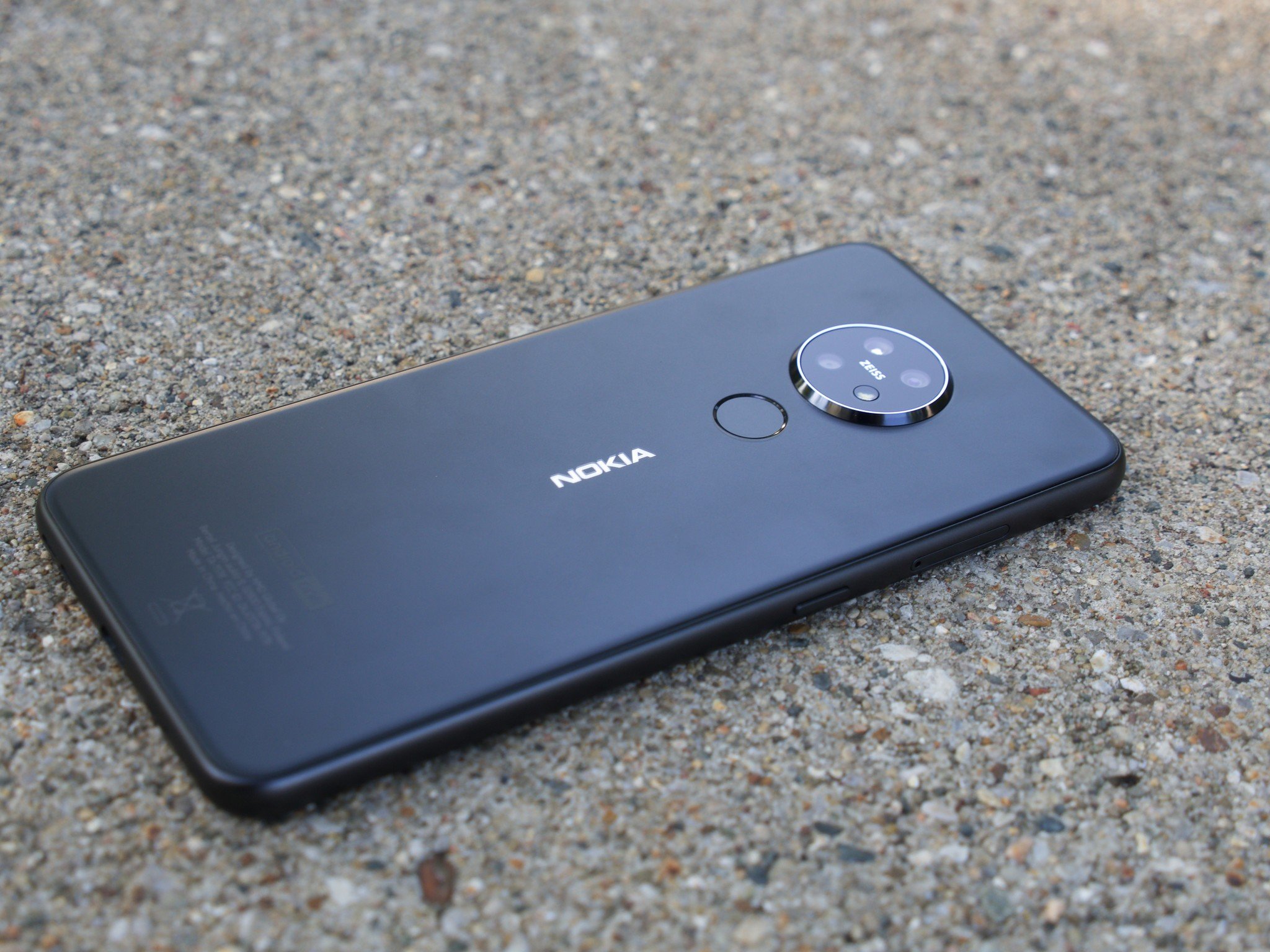
Tidak ada komentar:
Posting Komentar